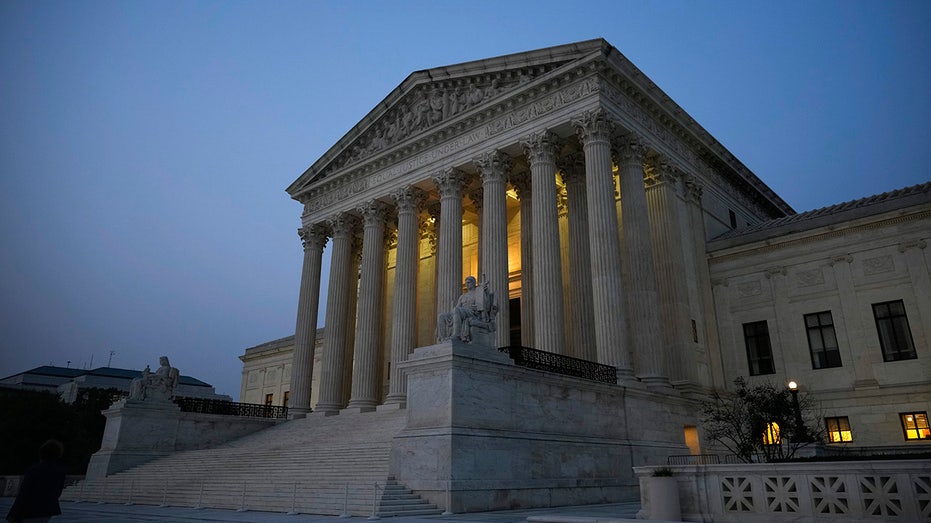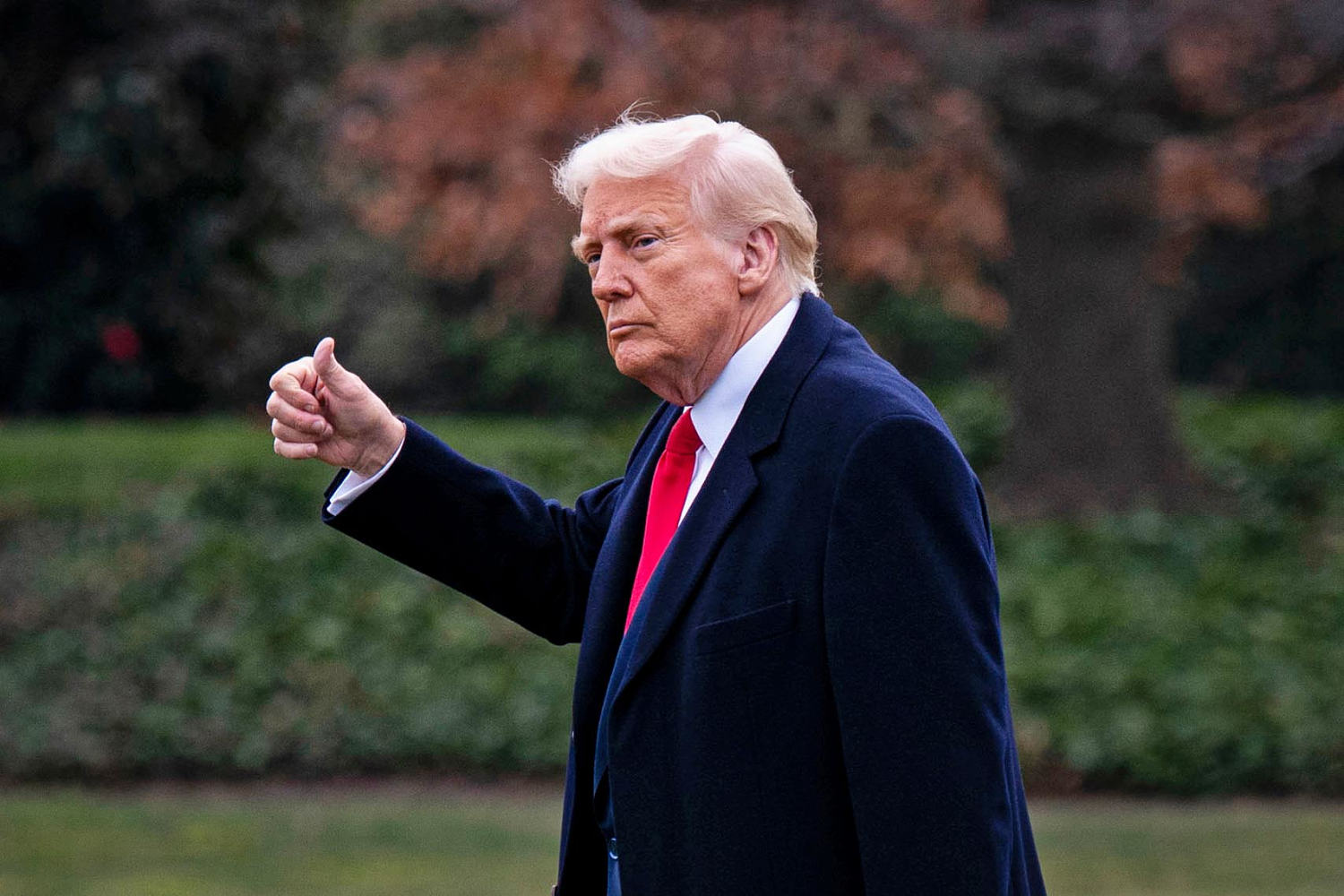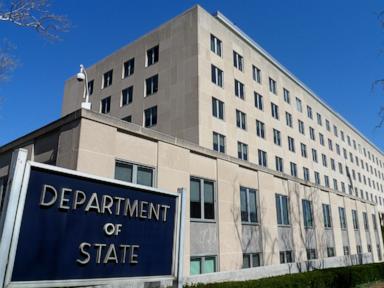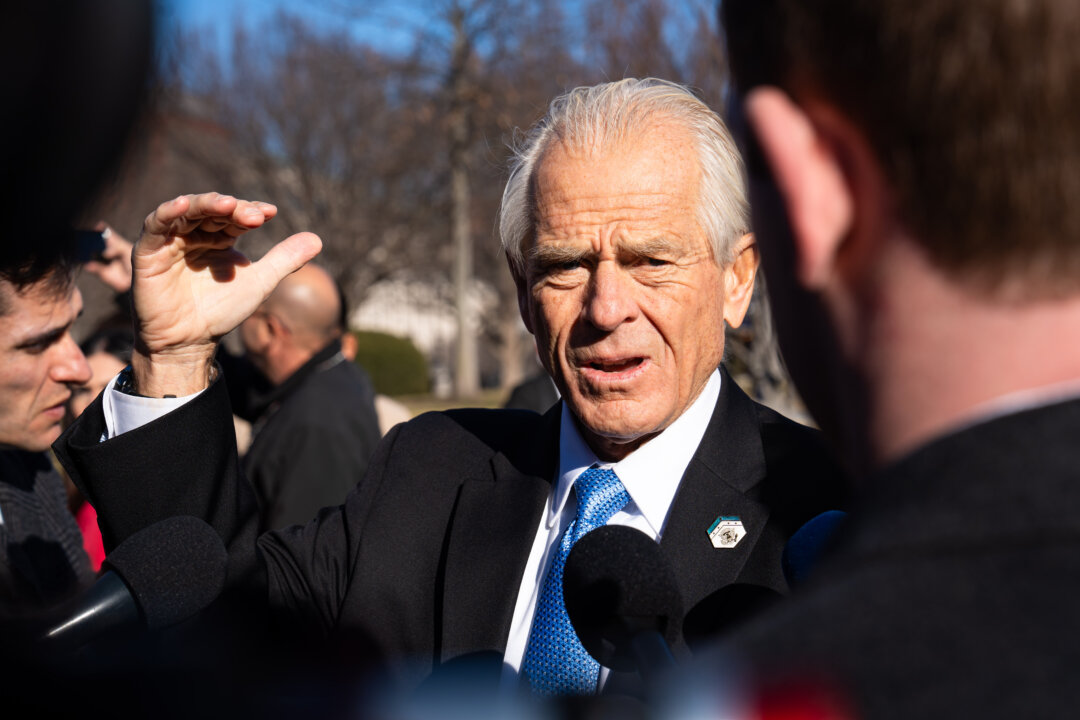For the past decade, I’ve been among the harshest critics of Harvard and its peer institutions. They have vast resources, and they could do so much more to expand opportunity and restrict pathways — such as legacy and donor preference — that overwhelmingly benefit rich, white people.
But, in reading my alma mater’s letter rejecting the Trump administration’s conditions under which federal funding would continue, I said words I’ve never said before: I’m proud to be a Harvard alum.
The Trump administration letter is worth a read. In fact, it’s best read while imagining the authors mischievously scheming about what would be most loathsome to Harvard, most challenging to its independence and the clearest demonstration of capitulation if the school were to comply with the list of demands.
The list in and of itself sounds innocuous, if a bit long. In it, the administration demands among other things: governance and leadership reforms, merit-based hiring reform, merit-based admissions reform, viewpoint diversity in admissions and hiring, international admissions reform, reform of programs with egregious records of antisemitism or other bias, and discontinuation of DEI. Not subjects the feds are generally in the business of regulating, but fair enough. Perhaps the government has a right to some say in its investment.
But the details are a mix of the nonsensical and pernicious.
First the nonsense: Among the governance reforms demanded: reduce “the power held by students and untenured faculty” — who are virtually powerless — while “empowering tenured professors and senior leadership” — who are already quite powerful. Specifically, those to be empowered are those who are most committed to the administration’s goals, while other “power held by faculty (whether tenured or untenured)” is to be reduced. Good luck to the ad hoc committee charged with implementing those competing mandates.
Then there’s the sinister: So-called “merit-based hiring reforms” includes a review of all existing and prospective faculty for plagiarism — McCarthyism comes to Harvard. “International admissions reforms” requires the screening out of students “hostile to American values and institutions inscribed in the U.S. Constitution and Declaration of Independence” — presumably excluding the notion that “all men are created equal.” But nothing is quite so perplexing as the specifics of “viewpoint diversity in admissions and hiring,” which requires the commissioning of an external party to ensure that each “department, field, or teaching unit must be individually viewpoint diverse.” Individually viewpoint diverse! Apart from the thought-control that seems to be desired, how does that even work for an individual?
I’m glad that Harvard has shown greater fortitude than other universities and major law firms and taken a firm stand against such a brazen assault. The “great grovel” by other institutions has been stunning and depressing to witness. Moreover, I’m confident that Harvard will prevail in its legal argument. The Trump administration’s letter, haphazardly conceived in the specifics, fundamentally violates basic First Amendment principles by conditioning government benefits on adopting specific viewpoints.
But if higher education and democracy come out on the other side, Harvard and its fellow elite universities will have to think carefully about how to change the fundamental dynamics that have made them vulnerable in the first place.
Denouncing Trump for his abuse of law or procedure won’t be enough. No ardent Trump supporter is concerned with the blatant unconstitutionality of the Harvard demand letter. Nor are they concerned that this entire enterprise began when Trump reportedly said, without concern for the law or U.S. Constitution, “What if we never pay them?”
All these people will see is that Trump is taking on Harvard. And on that one, the president might prevail. Support for higher education is plummeting, and Harvard’s popularity is at an all-time low.
Part of the reason so many people mistrust Harvard is because it doesn’t serve people like them.
There’s nothing wrong with a rigorous admissions policy. But the fact is Harvard is one of 38 American colleges with more students coming from the top 1 percent of the income distribution than the bottom 60 percent. And while race-based affirmative action has ended, in large part because of strategic choices that Harvard itself made, it continues legacy preference for alumni even though 70 percent of legacies are white, and legacies are 70 times more likely to come from the top 10 percent of the income distribution than the bottom 20 percent. For all its stated commitment to democracy, Harvard has made itself an engine of economic inequality in America.
Conservatives’ war on academia has been decades in the making, and Trump is ratcheting it up. But elite universities shouldn’t make it easy for them. If Harvard and its peers emerge reasonably intact after this episode, they should seize the chance to broaden their appeal and reform themselves to serve the public interest — not Trump’s personal interest — by providing opportunity to many, rather than a privileged few.
.png)















 English (US)
English (US)